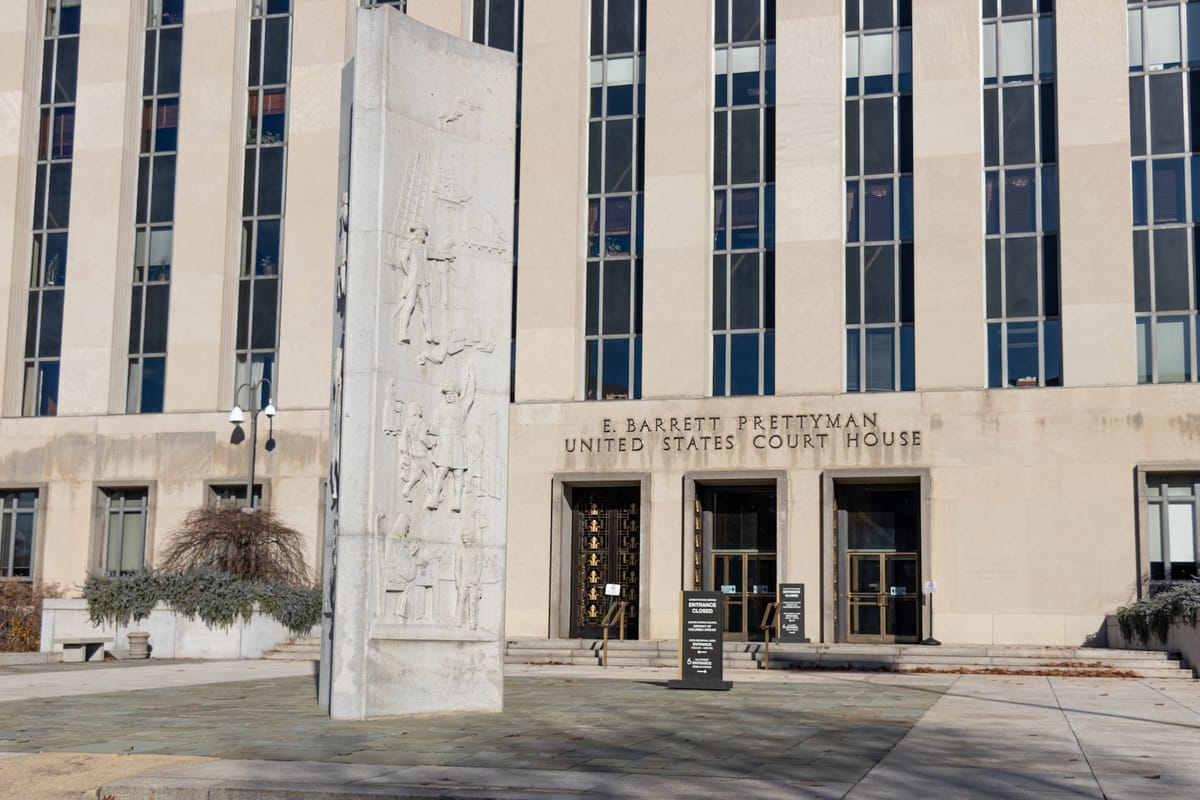

Uncovering Potential Bias in Medical Publishing
A recent development has raised eyebrows in the medical and legal communities as a U.S. prosecutor has taken the unusual step of sending a formal letter to American College of Chest Physicians, publishers of the journal CHEST. The letter, penned by Edward Martin Jr. who is the interim U.S. Attorney for the District of Columbia, accuses the journal of potential bias in its publication practices. This action has sparked a broader conversation about the integrity of medical research and the influence of external factors on what gets published.
Martin's concerns stem from his ongoing investigation into healthcare fraud and related issues. He believes that certain articles published by the CHEST journal may have been influenced by financial ties or other undisclosed conflicts of interest. While the specific journal was not named in public reports, the implications of such allegations could affect how the public perceives the reliability of medical literature.
Details of the Allegations
In his letter, Martin reportedly pointed to specific instances where published research appeared to favor certain outcomes or conclusions that aligned with the interests of funding entities. According to sources familiar with the matter, the prosecutor is not claiming outright misconduct but is instead seeking transparency. He has requested detailed information from the journal about its peer-review process and any financial relationships with authors or sponsors.
This move comes at a time when trust in scientific publishing is already under scrutiny. Many Americans are concerned about whether the information they rely on for health decisions is truly independent. Martin’s actions are seen as an effort to ensure accountability, particularly in fields where research can directly impact patient care and public policy.
The prosecutor’s office has emphasized that this inquiry is part of a larger effort to protect the integrity of healthcare systems. By addressing potential bias at the source, they hope to prevent misleading information from influencing medical practice or costing taxpayers through fraudulent schemes.
Impact on Public Trust
The allegations, even if unproven, could have a lasting effect on how people view medical journals. For many, these publications are a trusted source of information about treatments, medications, and health guidelines. If bias is found to be present, it might lead to calls for stricter oversight or reforms in how research is funded and published.
Some experts in the field have noted that while the majority of medical research is conducted with rigor, isolated cases of influence can tarnish the reputation of entire institutions. The hope is that this investigation will encourage journals to be more forthcoming about their processes and any potential conflicts, thereby rebuilding confidence among readers.
What Happens Next?
As this situation unfolds, the journal in question has yet to issue a public response to Martin's letter. It remains to be seen whether they will comply with the request for information or challenge the prosecutor’s authority to make such demands. Legal analysts suggest that this could set a precedent for how government officials interact with private academic entities in the future.
For now, the focus remains on ensuring that medical research serves the public good without hidden agendas. The outcome of this inquiry could prompt other journals to review their own practices, potentially leading to greater transparency across the board. Americans who value straightforward, honest information will be watching closely to see how this issue is resolved.
Dues are $12 per year. Member benefits:
✅ Ad-Free Website Viewing
✅ Advocacy for Republican Seniors
✅ 120+ Senior Discounts
✅ Member Only Newsletters